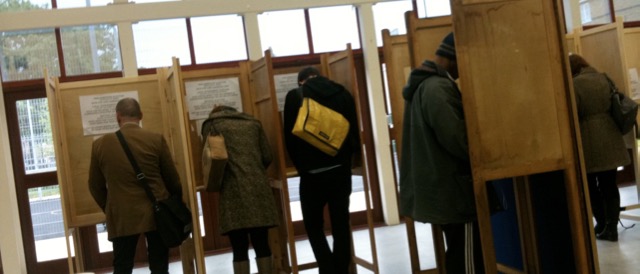
The presidential primary season has drawn considerable attention to the issue of young voters and what appears to be their overwhelming support for Bernie Sanders. On my campus students are engaging in debate watch parties, are organizing voter registration drives, and a small group of around twenty students, both Republican and Democratic, are having the experience of a lifetime in a program called Wake the Vote, which has taken them already to Iowa and New Hampshire and later in the year will give them the opportunity to attend the conventions. These kinds of experiences translate into participation at the polls. An organization that studies the political participation of young people (CIRCLE) reports that 70% of the youth votes (18-24) cast were cast by young people with at least some college experience. Clearly, activities that provide students with the opportunity to get engaged in the political process are powerful motivators for voting.
